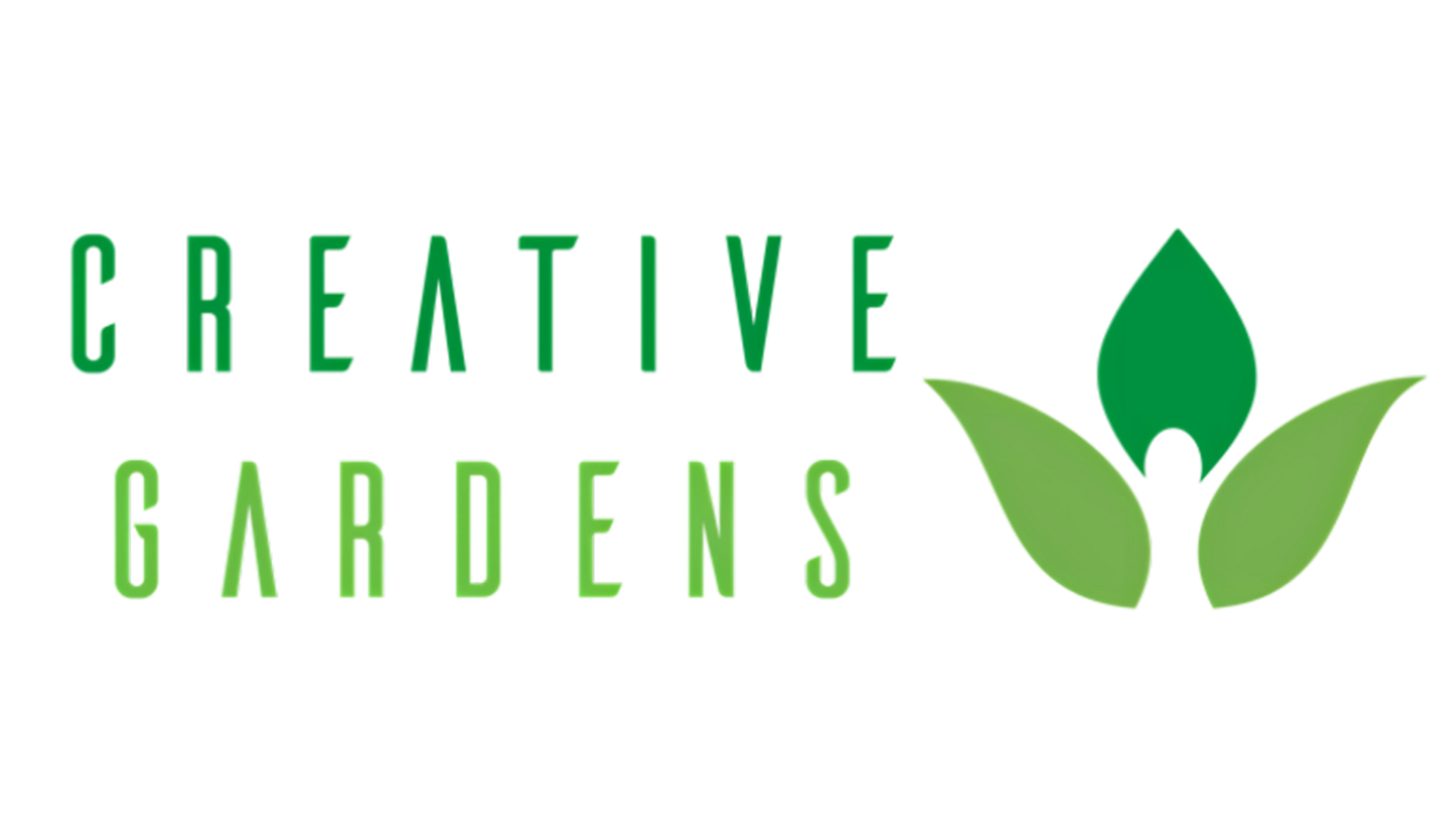Preparing Today's Learners for Tomorrow's World: A Future Full of Possibilities
As early childhood educators, we're privileged to play a part in shaping the future, one child at a time. But what exactly does this future hold for our learners? With advancements in science suggesting the possibility of indefinite lifespans, the rise of AI redefining work, the prospect of becoming a multi-planetary species, and the urgent need to address problems arising from human irresponsibility, it's clear that the world our learners will inhabit will be radically different from the one we know today.
Indefinite life spans, once the realm of science fiction, are inching closer to reality due to breakthroughs in medical and biotechnological research. This new reality will require a shift in our educational focus. Lifelong learning will be not merely beneficial, but essential, as individuals will need to continually adapt and update their skills over an extended lifespan. As educators, we can cultivate this mindset from an early age, emphasizing curiosity, adaptability, and the joy of learning as fundamental life skills.
The rise of AI, meanwhile, promises to drastically reshape the world of work. Many traditional jobs may be automated, while new, as-yet-unimagined careers will emerge. To prepare our learners for this shift, we must focus on developing uniquely human skills that complement AI, rather than compete with it. Creativity, critical thinking, emotional intelligence, and collaboration are all competencies that AI can't replicate, and they should form the cornerstone of our educational approach.
As we look to the stars and contemplate becoming a multi-planetary species, the importance of STEM (Science, Technology, Engineering, and Mathematics) education has never been clearer. However, it's equally crucial to nurture a sense of responsibility and ethics. As we expand our horizons, we must ensure we don't repeat the mistakes we've made on Earth. Teaching our learners about sustainability, respect for diverse life forms, and responsible innovation should be part and parcel of our educational goals.
Lastly, we must address the problems resulting from human irresponsibility, notably climate change and environmental degradation. It's our duty to empower our learners to be part of the solution. We can achieve this by integrating environmental education into our curriculums, promoting active citizenship, and encouraging innovative thinking to solve these pressing issues.
As parents and educators, our role in preparing our learners for this future is pivotal. We need to foster a love for learning, develop essential human skills, instill a strong ethical foundation, and promote environmental stewardship. By doing so, we can ensure that our learners are ready to navigate the extraordinary future that awaits them, turning challenges into opportunities and dreams into reality. The future is indeed full of possibilities, and our learners, equipped with the right skills and mindset, will be at the heart of it.

